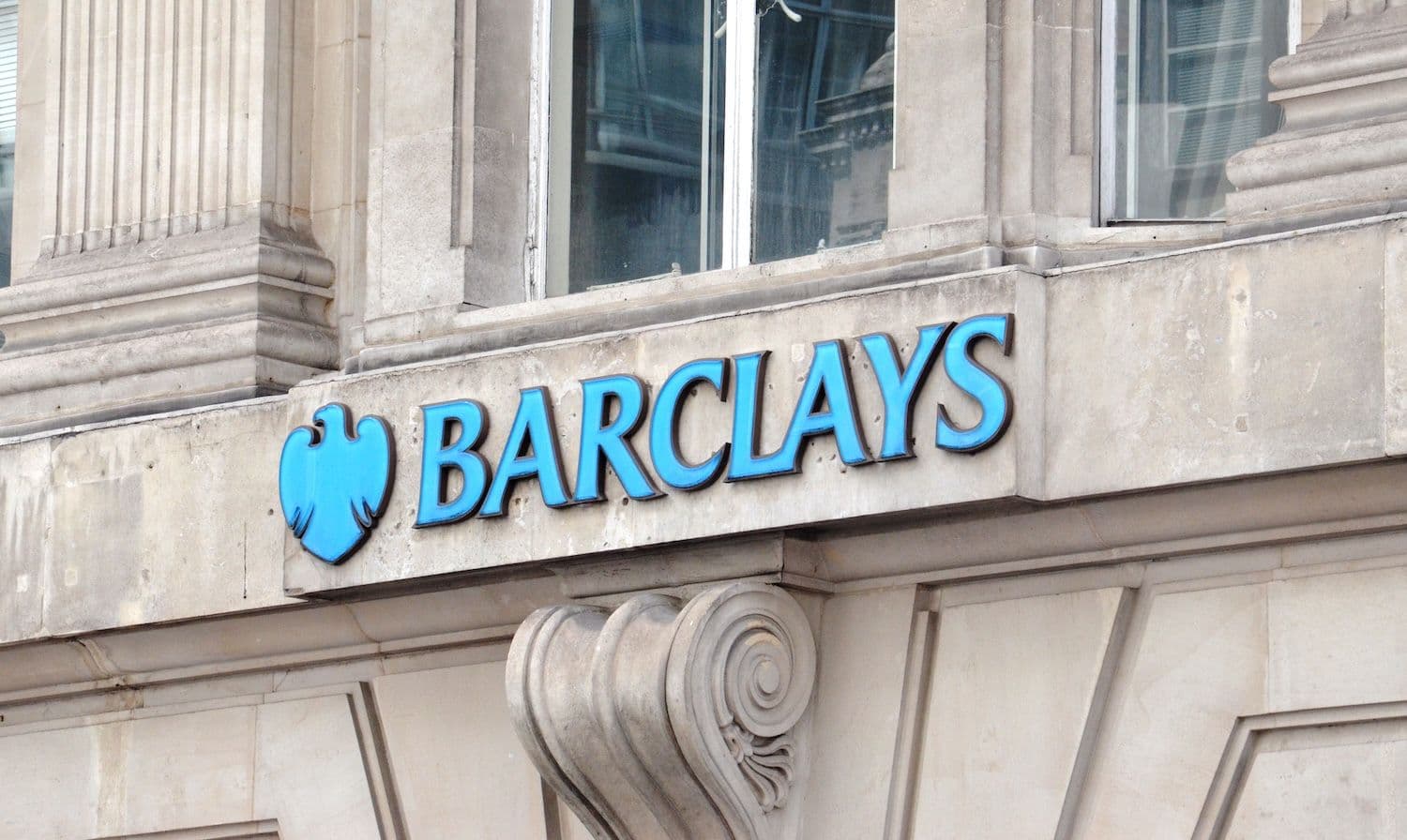Barclays will prohibit customers from using credit cards to purchase cryptocurrency beginning Friday, June 27, joining a growing list of major UK banks restricting crypto access through borrowed funds. The banking giant cited customer safety concerns and the volatile nature of digital assets as primary reasons for the policy change, which affects direct purchases of Bitcoin, Ethereum and other cryptocurrencies as well as transactions through crypto-enabled applications.
What to Know:
- Barclays becomes the latest major UK bank to ban crypto purchases via credit cards, following similar moves by Santander, NatWest, Halifax and Lloyds
- The restriction applies to direct cryptocurrency purchases and cash advances used for crypto trading on third-party platforms
- Customers can still buy digital assets using debit cards and bank transfers with existing funds
Banks Cite Risk Management Concerns
The decision reflects mounting concerns within the financial sector about customers using borrowed money to invest in highly volatile digital assets. Barclays specifically highlighted the combination of extreme price volatility, ongoing scam risks and the absence of buyer protection as factors driving the policy change.
"With crypto prices swinging sharply and scams still a concern, the bank has decided that using borrowed money to chase volatile digital assets just doesn't make sense," according to the bank's statement. The restriction represents a clear distinction between spending available cash and taking on debt for speculative investments.
Other major UK financial institutions have implemented similar policies over the past year. Santander, NatWest, Halifax and Lloyds have all blocked cryptocurrency purchases through credit cards, creating an industry-wide trend toward limiting crypto access through unsecured borrowing.
The moves come as UK regulators, particularly the Financial Conduct Authority, have intensified scrutiny of cryptocurrency investments. Reports indicate a rising number of crypto-related debt complaints, with consumers experiencing financial difficulties after unsuccessful digital asset speculation using borrowed funds.
Customer Impact and Alternatives
Barclays customers who previously used credit cards for cryptocurrency purchases will lose that option by week's end. The bank is notifying users through its mobile application and online banking services to prevent transaction surprises.
However, the restriction doesn't eliminate crypto access entirely. Customers can continue purchasing digital assets using debit cards and bank transfers, provided they use existing funds rather than borrowed money.
The ban extends to cash advances intended for cryptocurrency purchases on third-party platforms. Even indirect crypto-related transactions using credit will face blocking if the bank identifies the activity as cryptocurrency-related.
Barclays joins a growing list of financial institutions worldwide reconsidering their relationship with digital assets. The policy change reflects broader industry concerns about the intersection of traditional banking products and cryptocurrency markets.
Regulatory Pressure Influences Banking Decisions
The Financial Conduct Authority has consistently warned about cryptocurrency investment risks, especially when involving borrowed money. This regulatory pressure is translating into concrete policy changes across the UK banking sector.
The FCA has urged financial institutions to examine customer cryptocurrency exposure more carefully. Barclays' new restriction represents a direct response to this regulatory guidance and demonstrates how policy recommendations are becoming industry practice.
Consumer protection concerns have intensified as cryptocurrency adoption has grown. Reports of individuals falling into financial trouble after unsuccessful crypto investments using credit cards have prompted regulatory attention and banking sector responses.
Industry-Wide Trend Expected to Continue
Additional UK banks may implement similar restrictions in the coming weeks. Some institutions already maintain comparable policies, while others are reviewing their cryptocurrency-related lending practices.
European banks are also reconsidering how credit card products interact with digital assets. The trend suggests a coordinated approach to managing cryptocurrency-related financial risks across traditional banking institutions.
In the United States, the regulatory conversation remains fragmented, but attention to cryptocurrency lending practices is increasing. American financial institutions are monitoring UK developments and may adopt similar policies.
As cryptocurrency moves toward mainstream adoption, traditional financial institutions are establishing clear boundaries. The tension between innovation and risk management continues to shape how banks approach digital asset services.
Conclusion
Barclays' credit card ban on cryptocurrency purchases reflects broader industry concerns about using borrowed money for volatile digital asset investments. The policy change aligns with regulatory guidance and industry trends toward limiting cryptocurrency access through unsecured lending, while maintaining alternative purchase methods for customers using existing funds.



